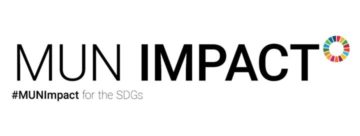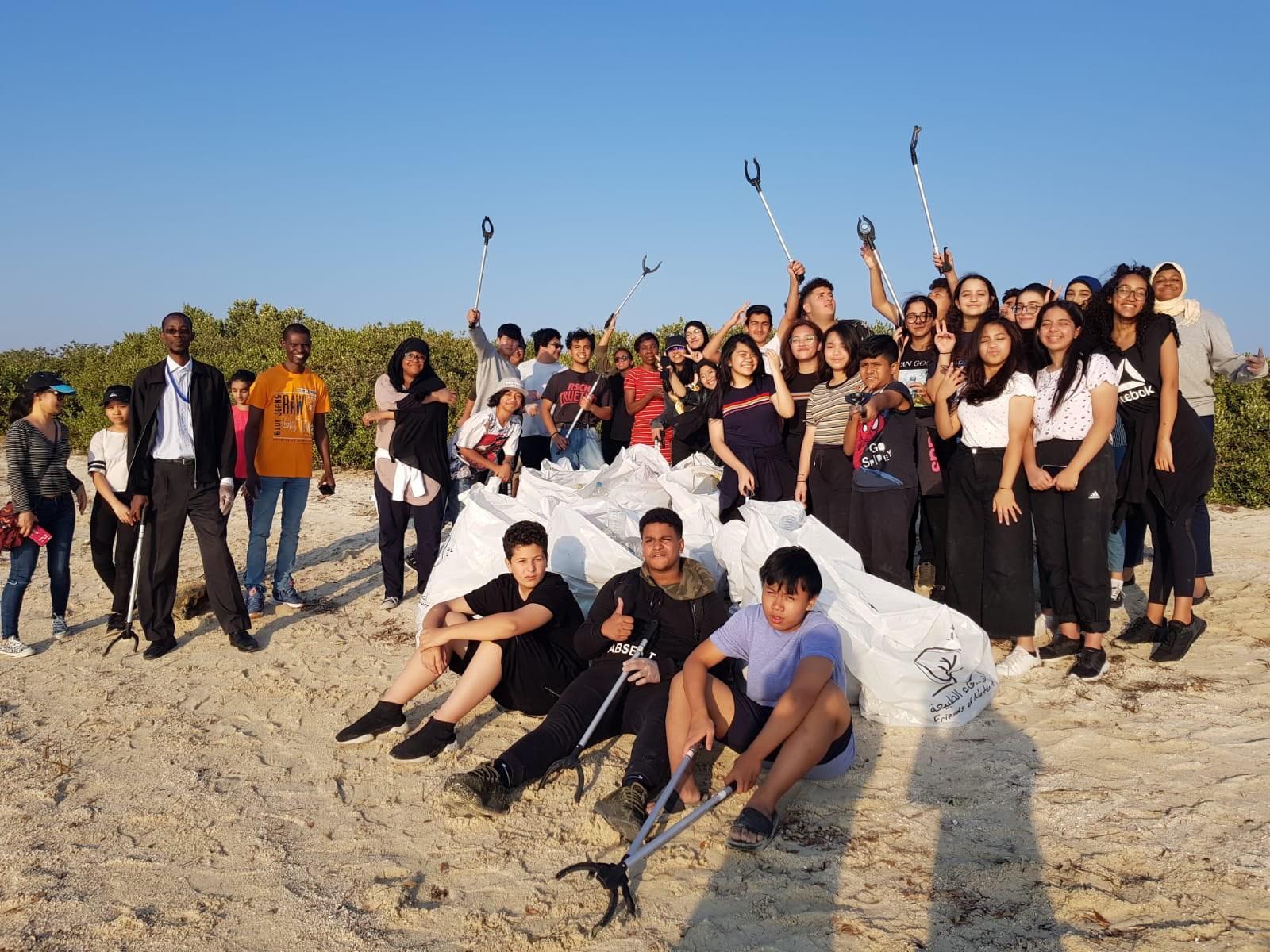Students from Middle East International School decided to volunteer at a beach cleanup on December 9, 2019. The program was organized by the Doha Environment Actions Project and took place at As Salwa Beach in Qatar.
_
Qatar is one of the most developed nations in the Middle Eastern region and classified by the UN as having a rate of high human development. Yet this drastic development has its costs. Underneath its enviable, beautiful exterior, the nation faces pressing environmental issues.
_
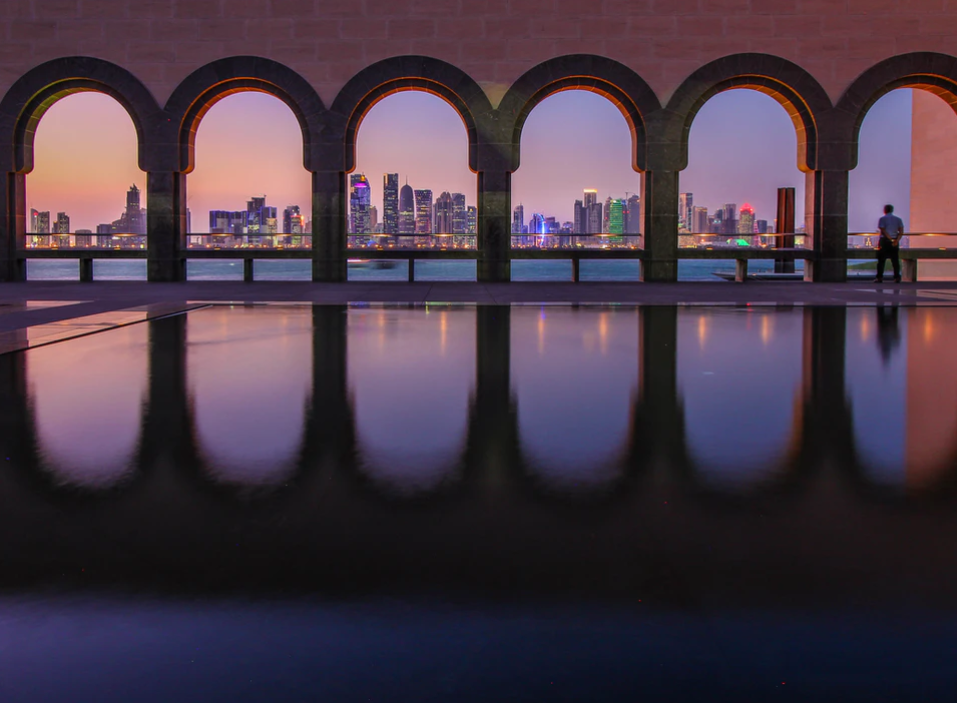 _
_
Qatar is vulnerable to coastline pollution from marine debris due to its quick urbanization and economic growth. Various studies have been conducted to monitor coastline debris as well as micro-plastics in the ocean to protect marine life. One such study, by Qatar University Environmental Science Center (QU-ESC), identified the most common types and amounts of micro-plastics. They stated:
The impact of plastic pollution in the marine environment is of increasing global concern. As plastic is durable and degrades slowly in the environment, plastic debris is now widespread in the world’s oceans. Approximately eight million tons of plastic waste ends up in the oceans every year, and it is predicted that by the year 2050 the amount of plastic waste in the world’s oceans could exceed the amount of fish present, on a weight-to-weight basis.
_
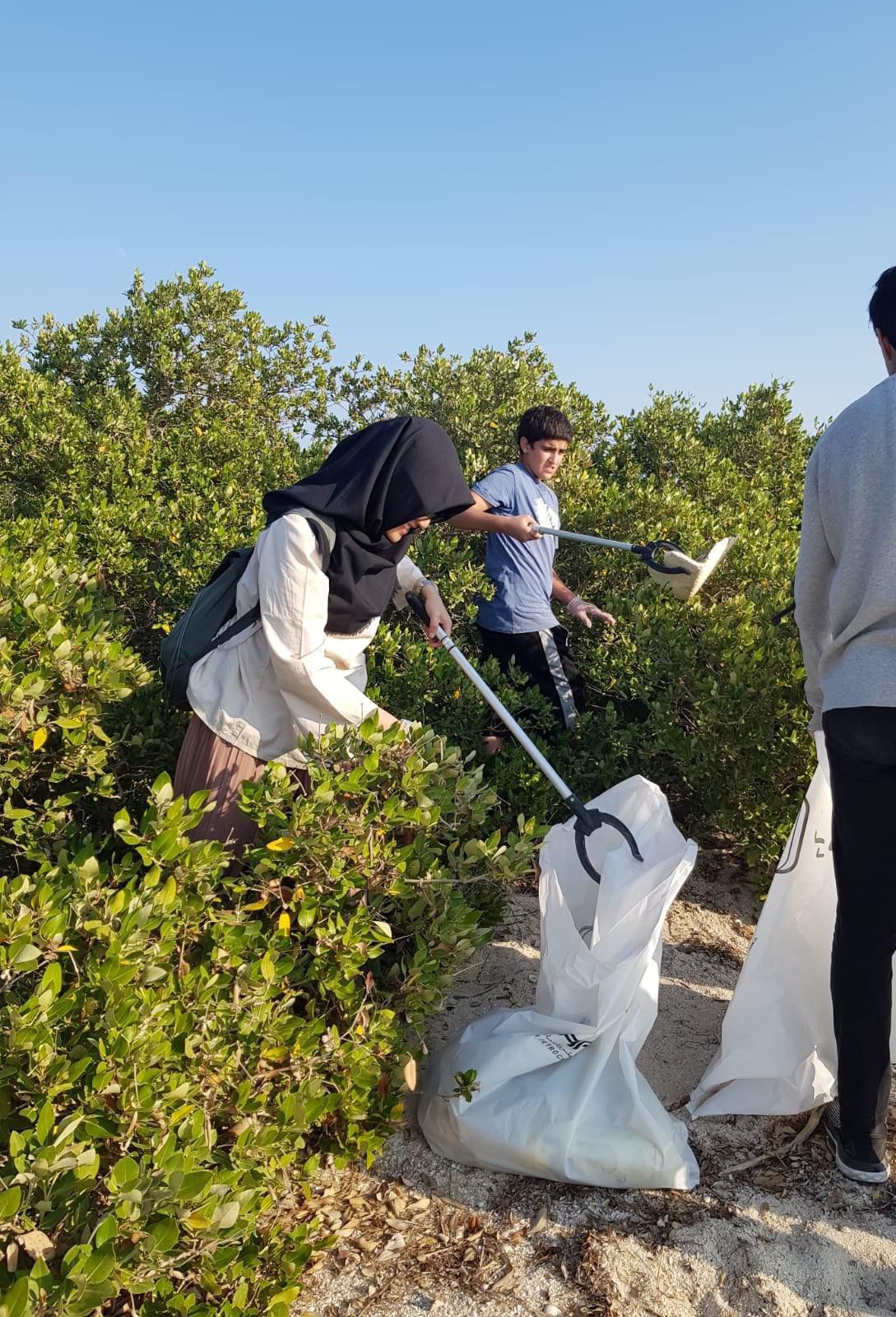
_
Several programs exist that enable communities in Qatar to help reduce pollution and prevent harm to marine life: the recurring Purple Beach Cleanup, Doha Bank’s beach cleanup events, AlMafjar beach cleanups, and many others initiated by schools and communities.
In one such initiative, students from Middle East International School took a trip to the beach to help clean up.
During this experience, students got to see the dangers that threaten Marine life. There were immense amounts of trash carelessly thrown onto the ground and into the ocean. “It was overall a fun experience and an eye-opener to the issue of pollution that’s been affecting marine and plant life,” student-volunteer Lois Nojadera reflected,”it was shocking because of the amount of pollution we saw in the most unexpected areas. The deeper we went into the place, the more trash we saw and the bigger the chance of all the trash entering the ocean.”
_
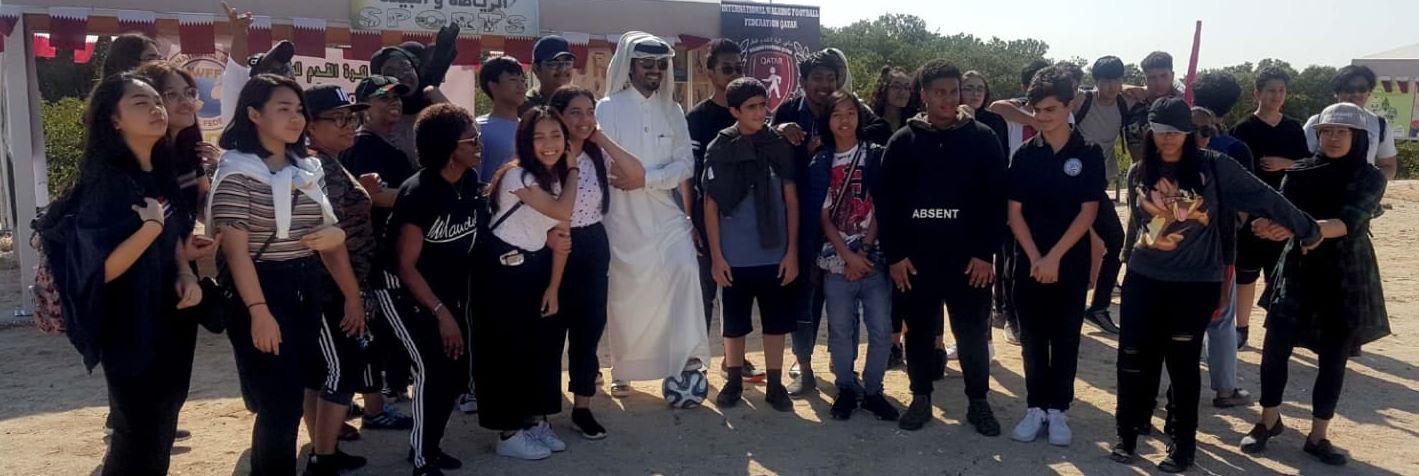
_
This initiative was primarily centered around SDGs 14 and 15: preserving and protecting life below water and on land. Middle East International School’s project and other similar initiatives are brain-stormed, created, and put into actions by communities of students and volunteers. It truly illustrates that students, MUN chapters, and communities all over the world can have a far-reaching and important impact.
